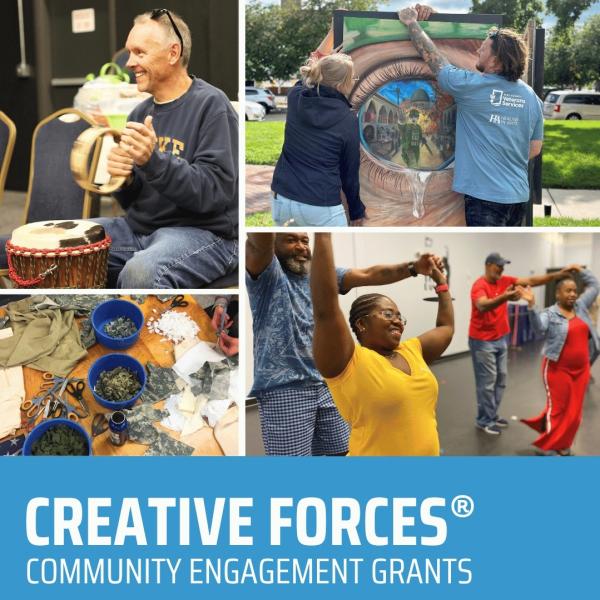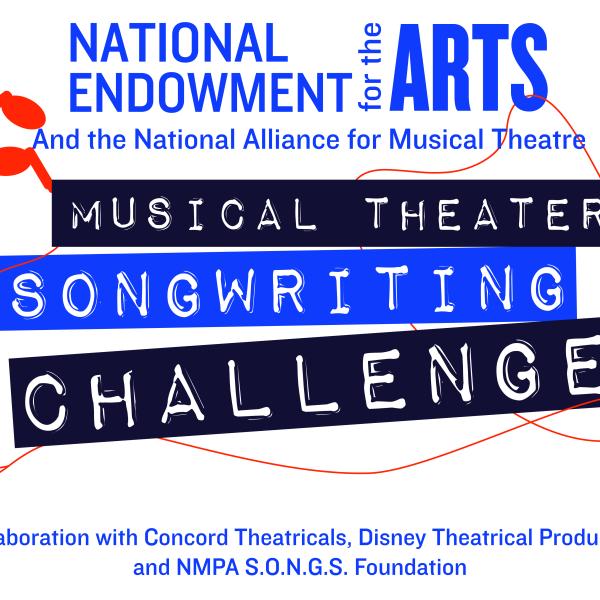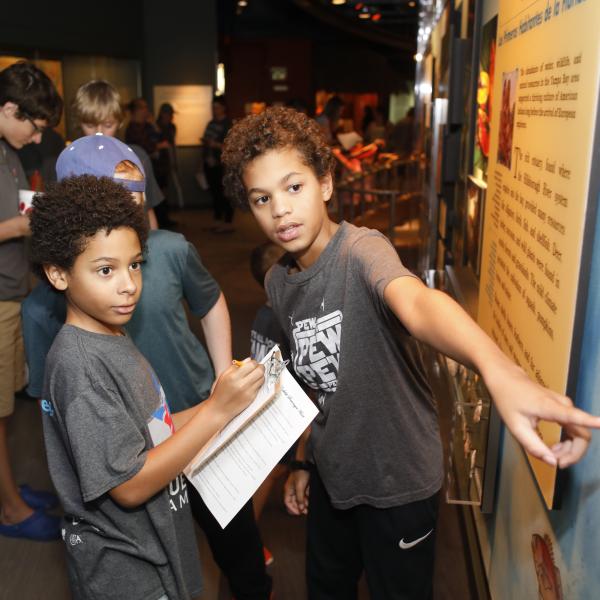Statement by National Endowment for the Arts Chair Dr. Maria Rosario Jackson on Women’s History Month
“The arts, defined broadly, possess enormous potential for stimulating humaneness, economic health, and new life in our communities. It is part of the essential idea of our country that the lives of the people should be advanced in freedom and in comprehension of the tough and soaring qualities of the spirit. This is not possible without the arts. They are not a luxury; they are a necessity.”
-Nancy Hanks, National Endowment for the Arts Chair (1969-1977)
Every year in March, Women’s History Month is celebrated throughout the country, including the innumerable ways women artists have contributed to our society and culture through the arts. In looking back at the history of the National Endowment for the Arts (NEA), we are proud to have supported many women artists and women-led organizations as well as provided opportunities for participation and training to support future artists and others critically important to our nation’s cultural vitality.
In 1966, Martha Graham had been creating groundbreaking work with her company since the 1920s; however, much of the country didn’t have access to this work as the company had not toured nationally for 15 years. That year, in the NEA’s first year of grantmaking, the agency provided funding for the Martha Graham Dance Company to tour nationally once more.
That same year, a grant was awarded to a school established by internationally acclaimed concert soprano Dorothy Maynor. Maynor was the first Black American to sing at a presidential inauguration, performing at the inaugurations of President Harry S. Truman in 1949 and President Dwight D. Eisenhower in 1953. Maynor wanted to provide rigorous training and education in the arts for young people, believing that it would not only benefit them but also their families and their whole community. The NEA grant that was made to Maynor’s Harlem School of the Arts supported music and training programs.
In 1981, at the urging of her professor, an unknown 21-year-old architecture student entered a design competition for the Vietnam Veterans Memorial. Maya Lin, that architecture student, went on to win the competition, selected by a design panel administered by the Arts Endowment, and began a long career as an award-winning artist.
Support for women artists can be found across the artistic disciplines at the National Endowment for the Arts, including the traditional arts and jazz through our honorific programs, National Heritage Fellowships and NEA Jazz Masters Fellowships. Since the two programs began in 1982, we have celebrated such stellar artists in the traditional arts as Tejano singer Lydia Mendoza, storyteller and language preservationist Esther Martinez (Tewa Pueblo), the Gee’s Bend quilters from Alabama, and Irish flute player Joanie Madden. In jazz, we have recognized musical artists from singer Ella Fitzgerald to composer/bandleader Maria Schneider to pianist/composer Toshiko Akiyoshi.
Through our Literature Fellowships, we have supported writers from Grace Paley to Nikki Giovanni to Sandra Cisneros and Honorée Fanonne Jeffers. They are just a small sample of the legendary talents who have made major achievements in their fields and whose work continues to inspire and tell our stories.
In 2020, to celebrate the centennial of the passage of the 19th Amendment in 1920 giving women the right to vote, the NEA published Creativity and Persistence: Art that Fueled the Fight for Women’s Suffrage. This book commemorates how the arts were critically important to changing the image of women in America and illustrating the importance of their full participation in society and politics. The book highlights the contributions by women artists such as poet Frances Ellen Watkins Harper and visual artist Nina Allender.
We proudly continue to help support projects that provide training with a focus on the next generation of women artists, such as Girls Write Now’s mentoring program for underserved communities that brings in professional writers for weekly one-on-one sessions to hone girls’ writing skills, and Women’s Audio Mission’s digital media arts training program, Girls on the Mic. We celebrate the power of women in the arts—past, present, and future. Their contributions make possible the best version of us and the nation we aspire to be.
Please join us on arts.gov and our social media channels as the NEA’s celebration of Women’s History Month continues and we share more stories about women artists on our blog and weekly podcast.




